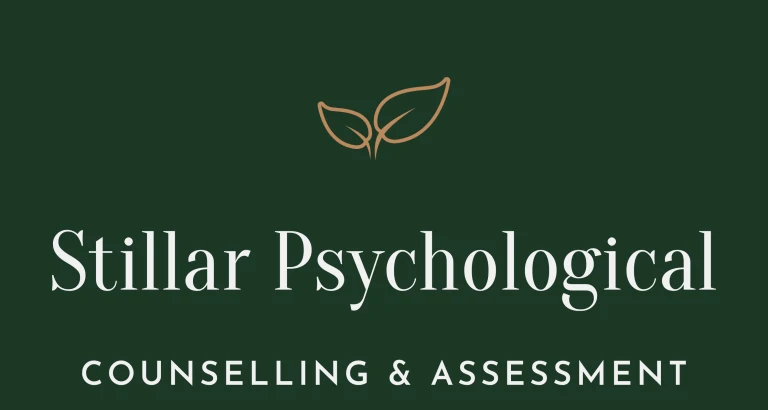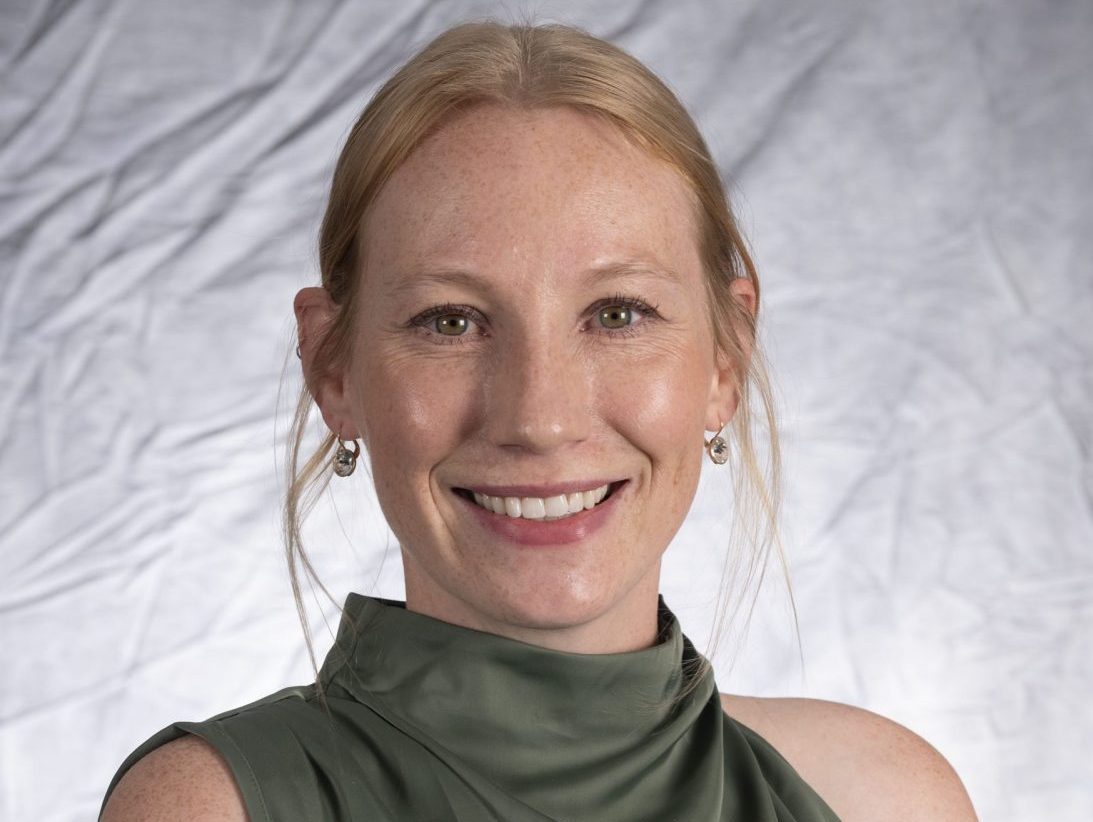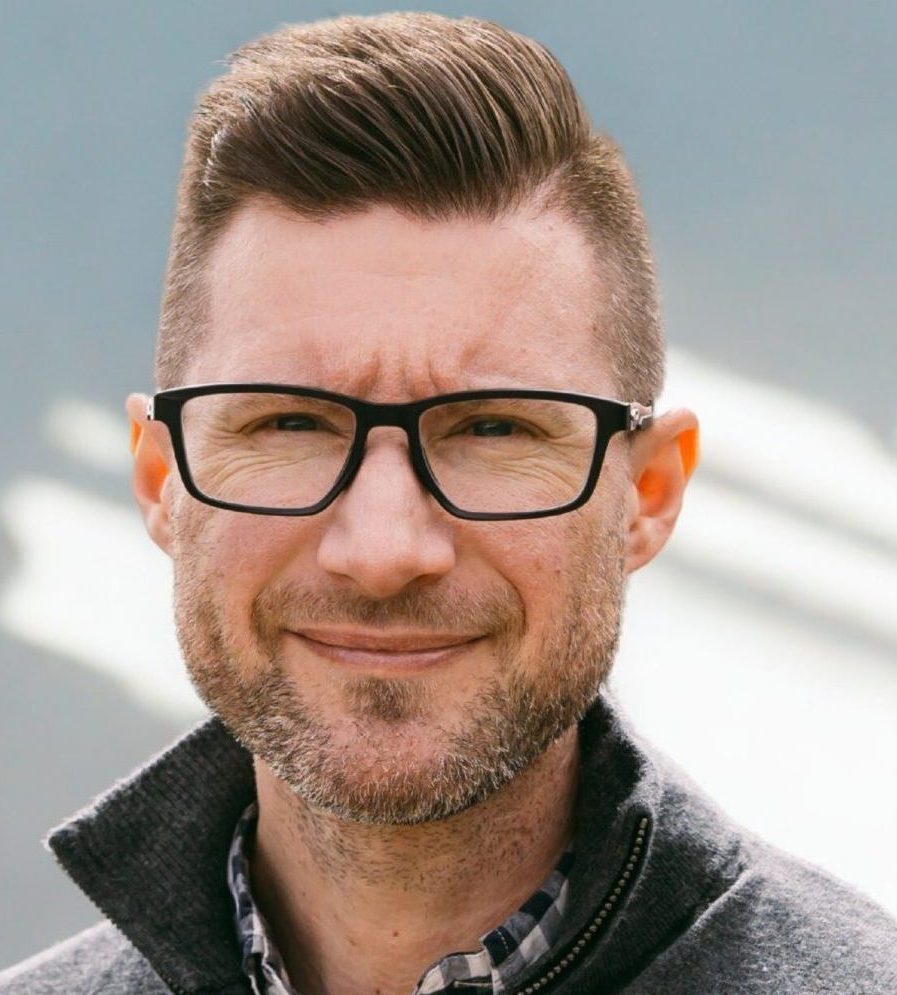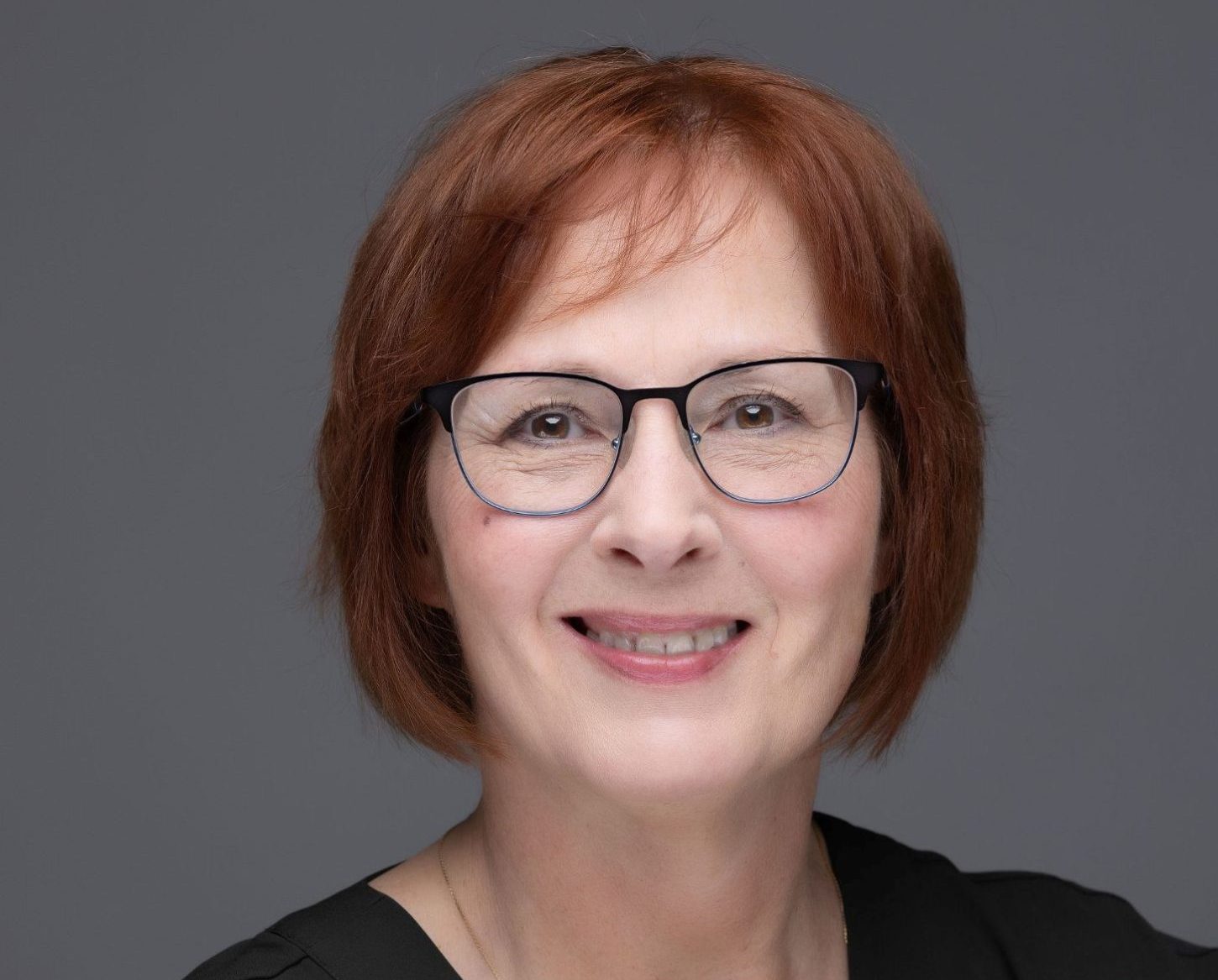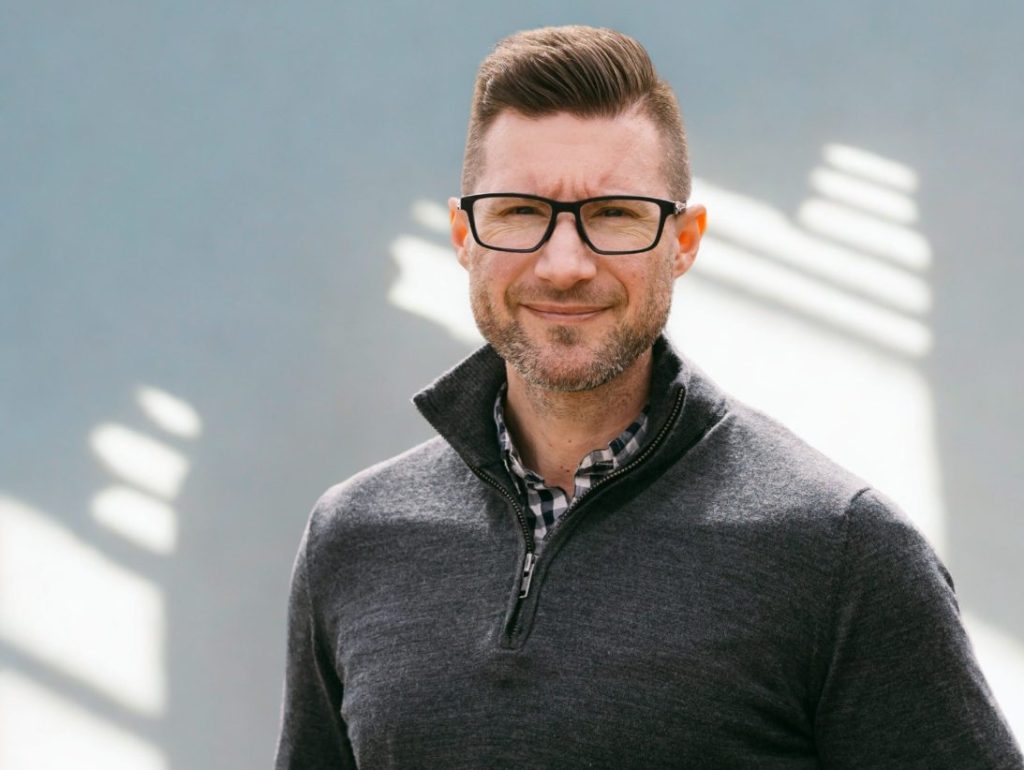Obsessive-Compulsive Disorder OCD Counselling in Edmonton, AB
Obsessive-Compulsive Disorder (OCD) can be treated with both medication and therapy. Exposure and Response Prevention (ERP) is a subset of CBT that has been shown to be effective in treating OCD. We have specialized psychologists who are knowledgeable about OCD and its treatment, and are ready to work with you to help you set and reach your personal objectives.
Our OCD specialists provide support tailored to those with an OCD diagnosis. They can deliver ERP and other forms of therapy to help you develop the skills and tools you need to manage OCD and reduce the occurrence of symptoms. Choosing a psychologist with expertise in OCD is crucial if you want to receive effective treatment delivered by a knowledgeable, experienced professional.
You can make therapy an important part of your treatment plan for OCD. The right counselling can help you learn how to deal with obsessive thoughts and manage compulsions, whether you experience both of these primary symptoms of the disorder or just one of them. Therapy can also help you deal with issues such as anxiety, self-esteem, and other ways OCD might affect you.
Find a psychologist who specializes in OCD with Stillar Psychological. Book your first session online today.

Obsessive-Compulsive Disorder

OCD Symptoms
Obsessions
Obsessions are repetitive unwanted thoughts, images or urges. They are described as intrusive, meaning that they unwittingly pop into one’s mind and are experienced as unpleasant and distressing or disturbing. Some common obsessions include:
- Feeling sad, empty, or numb
- Experiencing a loss of pleasure or interest in activities that you used to enjoy
- Difficulty concentrating
- Concerns about right/wrong or offending God
- Fear of acting negatively and accidentally causing harm to self or others
Compulsions
Compulsions are repetitive behaviors that a person performs. Compulsions are used as a way to reduce anxiety related to the obsession (although they may have no realistic connection to the obsessions) and are often done in excess. Some common compulsions include:
- Fear of contamination through germs, dirt, or bodily fluids
- Unwanted violent or sexual thoughts
- Concerns about right/wrong or offending God
- Fear of acting negatively and accidentally causing harm to self or others
Assessment & Treatment of Obsessive-Compulsive
Medication is also a strongly supportive evidence-based treatment for OCD, often used in combination with ERP. However, Psychologists are not qualified to provide advice or guidance related to medications. If medication is a treatment option you would like to consider it would be best to speak with your Family Doctor or Psychiatrist.

Our OCD Specialists
Overview of Obsessive-Compulsive Disorder
Symptoms
OCD consists of two hallmark symptoms: obsessions and compulsions. Someone diagnosed with OCD can experience both symptoms or only one of the two symptoms.
Obsessions
Obsessions are repetitive unwanted thoughts, images or urges. They are described as intrusive, meaning that they unwittingly pop into one’s mind and are experienced as unpleasant and distressing or disturbing.
Some common obsessions include:
- Fear of contamination through germs, dirt, or bodily fluids
- Unwanted violent or sexual thoughts
- Concerns about right/wrong or offending God
- Fear of acting negatively and accidentally causing harm to self or others
- Excessive concern about things being in the “right” place or evenness
Compulsions
Compulsions are repetitive behaviors that a person performs. Compulsions are used as a way to reduce anxiety related to the obsession (although they may have no realistic connection to the obsessions) and are often done in excess.
Some common compulsions include:
- Repeatedly cleaning or washing
- Repeating specific activities a specific number of times
- Rearranging items until they feel “just right”
- Excessively checking
Assessment & Treatment of Obsessive-Compulsive
How Do I Know If I Have OCD?
If you have concerns related to possible OCD it is important to be properly assessed by a qualified mental health professional who specializes in assessing and diagnosing OCD. Not all mental health professionals are capable of properly recognizing the symptoms of OCD or differentiating those symptoms from other mental health issues. It is important to properly assess and rule out other possible diagnoses and/or determine potential comtborbidiites (co-occuring mental health issues).
What Are the Most Effective Treatments for OCD?
Exposure and Response Prevention (ERP) is a specific sub-type of Cognitive Behavioural Therapy (CBT) that has the strongest evidence-based for the psychological treatment of OCD. A mental health professional should have specific and specialized training in ERP for OCD. It is important to ask the professional you are working with whether they have the necessary training to assist you.
Medication is also a strongly supportive evidence-based treatment for OCD, often used in combination with ERP. However, Psychologists are not qualified to provide advice or guidance related to medications. If medication is a treatment option you would like to consider it would be best to speak with your Family Doctor or Psychiatrist.
Does Treatment Work?
According to the International OCD Foundation, “The majority of people with OCD (about 7 out of 10) will benefit from either medication or ERP.”
